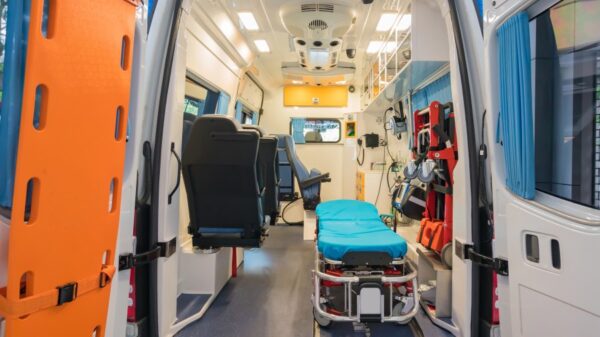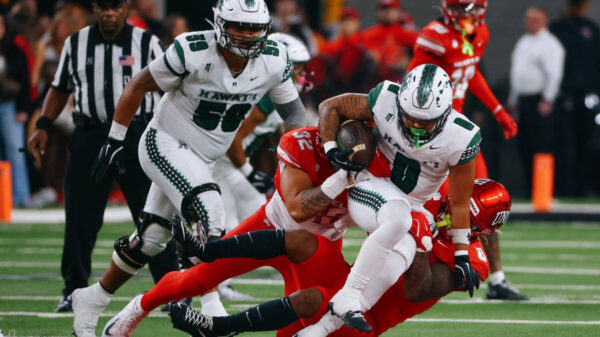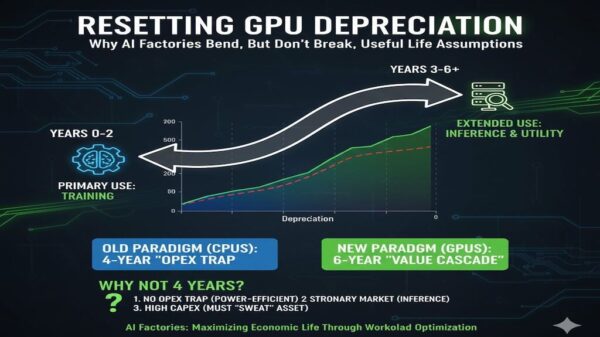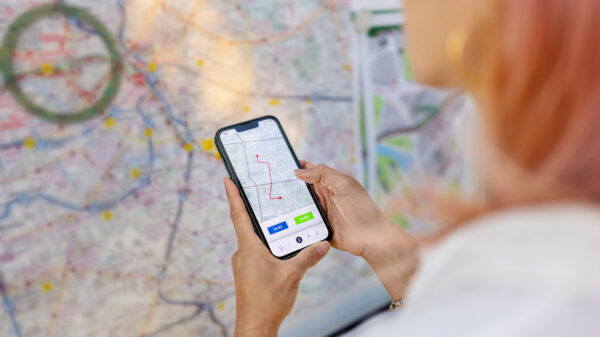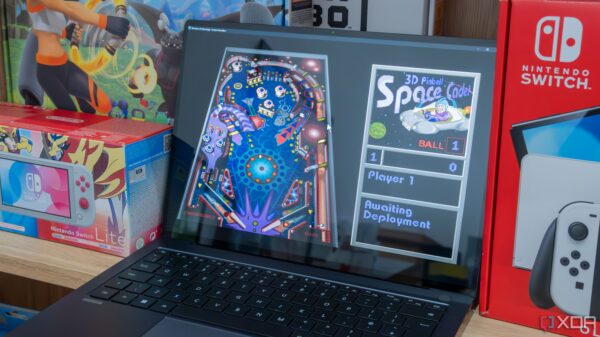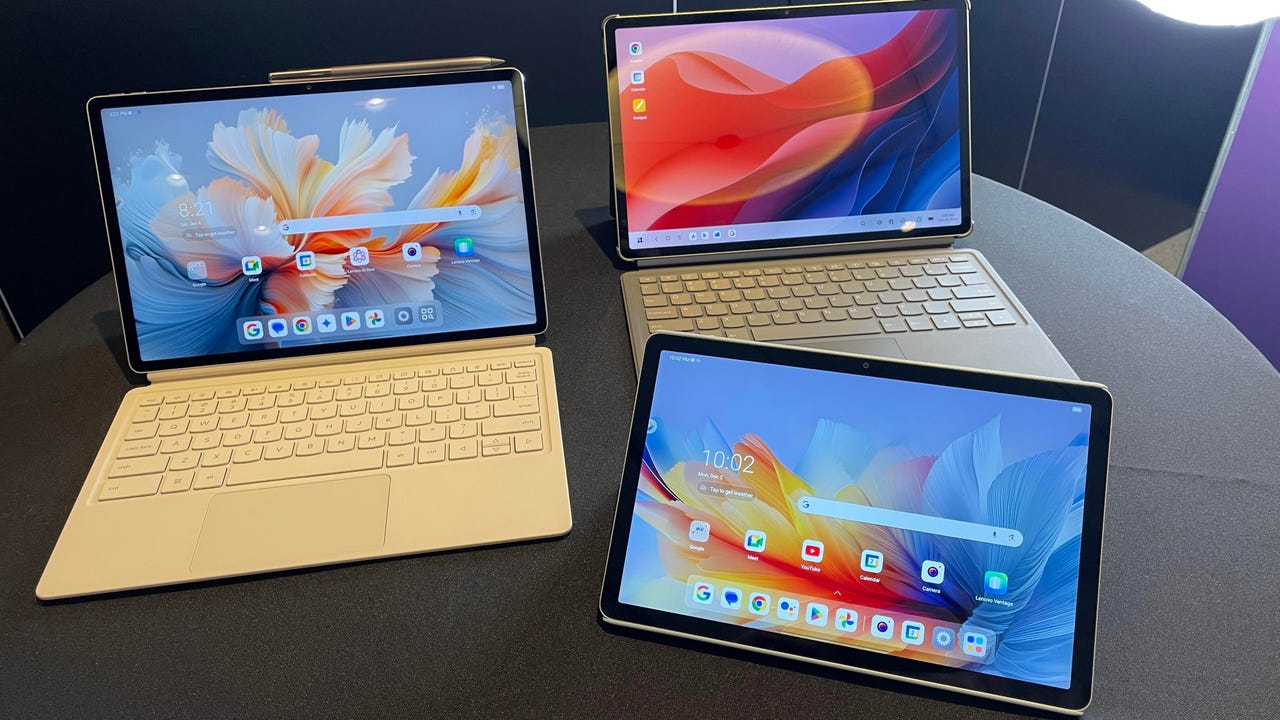A recent evaluation conducted by ZDNET in Kentucky tested the battery life of various tablets, revealing significant differences among popular models. The assessment focused on devices from major brands such as Apple, Samsung, Google, and Microsoft, providing insights for consumers seeking optimal performance.
The laboratory tests included nine different tablets, which were evaluated under controlled conditions to measure battery duration under various settings. The standout performers for battery life were the iPad Pro, the Samsung Galaxy Tab S10 Ultra, and the Amazon Fire Max 11. Each tablet was rigorously tested with maximum volume for audio and video playback at varying brightness levels.
Methodology and Testing Procedures
The tablets underwent a series of tests designed to simulate real-world usage. Each device was assessed using a dedicated PC and specialized software to analyze audio outputs. The tests involved running each tablet through twelve different scenarios, including maximum and minimum brightness with and without Airplane Mode activated.
The team selected video playback as the primary measure for assessing battery life due to its significant impact on device performance. Networking and Bluetooth capabilities were also toggled to evaluate their effect on battery consumption. Notably, all video files used in the tests were pre-downloaded to eliminate variables related to internet connectivity.
The only application running during the tests was VLC media player, which allowed for consistent control over volume and brightness settings across all devices.
Key Findings from the Tests
The results highlighted the iPad Pro as the leader in battery performance, lasting over 16 hours before requiring a charge. This impressive longevity positions it as an excellent choice for power users and those seeking a laptop alternative. The Samsung Galaxy Tab S10 Ultra followed closely with a battery life of almost 11.5 hours, while the Amazon Fire Max 11 achieved just over 8 hours.
The OnePlus Pad 3 distinguished itself during tests conducted at minimum brightness, achieving a remarkable battery life of 40 hours. This device has also received the ZDNET Editor’s Choice Award for its outstanding battery capabilities.
While the iPad Pro excelled, other models such as the base-model iPad and the iPad Air recorded lower battery life figures, lasting approximately 5 hours and 40 minutes and 5 hours and 27 minutes, respectively, under maximum brightness conditions.
It is important to note that individual user experiences may vary based on specific usage patterns and applications running in the background. Nonetheless, this testing provides a solid baseline for understanding tablet longevity and suitability for various tasks.
In conclusion, the 11th-generation iPad emerged as the best overall tablet for most users, balancing affordability, storage capacity, and portability. Other noteworthy mentions included the OnePlus Pad 3 as the best Android tablet for entertainment and the Microsoft Surface Pro as the top Windows tablet. For families, the Amazon Fire HD 8 Kids tablet was recognized as the best option for children.
As technology continues to evolve, the choice between tablets and laptops will depend largely on user preferences and requirements. Tablets tend to be favored by digital artists and those who prioritize portability, while laptops remain the preferred option for tasks requiring robust processing power, such as spreadsheet creation or intensive graphic design.
Understanding the differences between operating systems, particularly between iPadOS and Android, is essential for users. The extensive app ecosystem available on iPadOS offers a more refined experience compared to Android, where many applications are adaptations of their phone counterparts.
This comprehensive analysis aims to guide consumers in making informed decisions when selecting a tablet, ensuring they choose a device that aligns with their needs and lifestyle.








